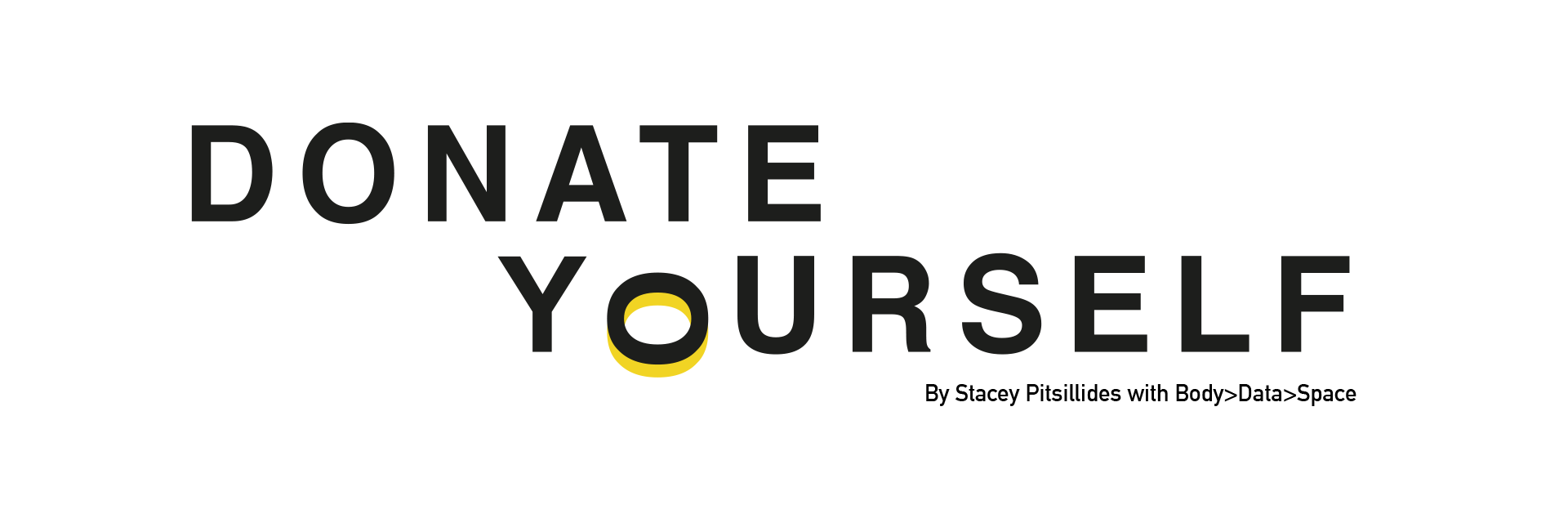

Donate Yourself extends reality, taking you on an augmented reality journey that introduces virtual, visual and sonic expressions of our organs, cells and body data.
Throughout our lives, our bodies hold a hidden landscape of knowledge. In every breath, every heartbeat we produce a picture that can help scientists uncover the mysteries of humanity.
After death our bodies hold a lifetime’s experience that can become a collective gift of information to the next generation.
The digital objects you see through your phone and the audio you will hear alongside
will unfold stories of care, trust, immortality, consent and futures, asking us to think:
WHAT ROLE CAN OUR BODIES PLAY IN SCIENTIFIC DISCOVERY?
COULD WE SEE OURSELVES AS A COLLECTION OF CELLS?
DOES DONATING ORGANS OR TISSUE MAKE YOU IMMORTAL?
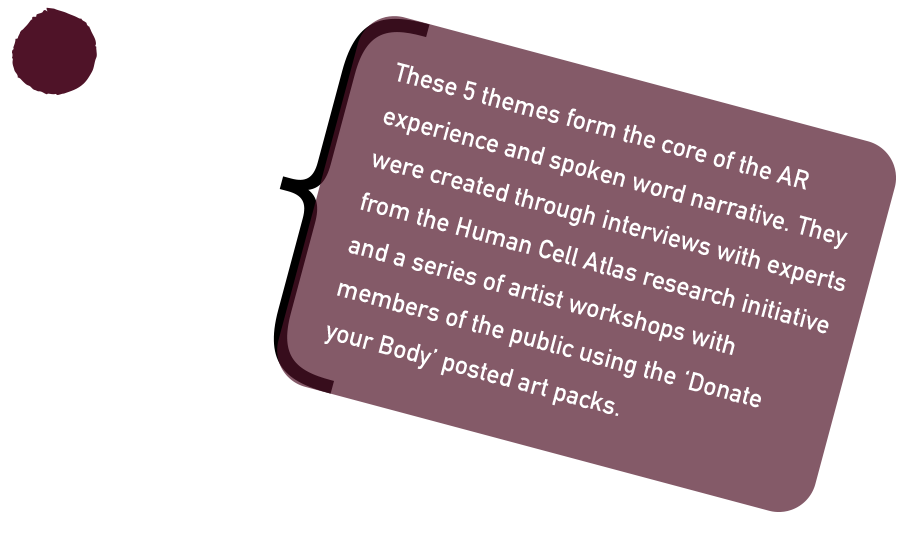
CARE
Tissue is so complex and rich with scientific data, that donating tissue could cure diseases of tomorrow. Many people find it strange to think about donating parts of their body, like their eyes.
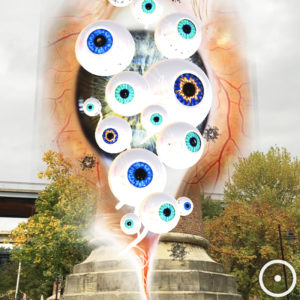
“They need to know the value of the research it’s not just curiosity, its finding ways of treating these awful diseases… and these tissues are invaluable we can’t do that just by taking blood… we do remember that this is part of someone’s loved family member”
Melanie Dunstan, Research Fellow
“It is just extraordinary how complicated we all are and yet how we basically function absolutely flawlessly from the age of 20 – 75 without usually changing very much, you know we abuse our bodies, we sit too much, we eat too much, we drink too much, we take drugs and yet the body just keeps on working … I think is just absolutely incredible and for people to get a sense of wonder – how on earth can something so complicated actually be put together and what are all the intricate little wheels and maps and charts that make this whole thing work”
Scientist
TRUST
Among the considerations around donating tissue or medical data after death is how it will be used over time, and how it will be safely stored and used.
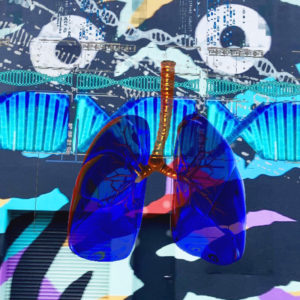
“even after you are dead you still have rights to how your data is being used, which can feel a bit like a strange and alien concept and at the HCA we have very strict data consent uses … If the donor has consented for their data to be used in one particular way but not another, that distinction is enforced, the donors’ exact consent is still very much respected.”
Data wrangler
“it’s a bit like creative commons I would be happy with it as long as any data being generated were then available to everybody in an anonymised fashion [and] … same as creative commons if I make a donation, I expect any outcomes from using these data to be donated or shared freely as well”
Susan Lindsay, Emerita Professor
IMMORTAL
Donating your organs or tissue after death can be a personal legacy, in which the body will continue to be useful. This can be a comforting thought for some people.
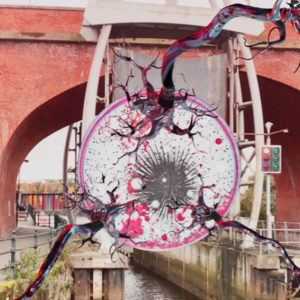
“Parkinson’s disease is very common, but it can be very difficult to be sure someone has it, rather than something else which looks similar… [and] I often tell my patients: the only way we will know for sure what you had is if, when you die, you give your brain to research”
(C) Professor of Neurology and Neurogenetics and Honorary Consultant Neurologist
“There’s a certain threshold when quantity becomes a quality of its own, so when you have enough of a thing, that can be its own special quality… it’s about finding connections within all of that large amount of data [for example] there’s a cell in the liver that looks similar to something in the kidney but the connection has never been made there because the data was never really put in the same place”
Data wrangler
CONSENT
There are strict rules that help make sure that any donations you make follow your wishes and values. However it is important to make those wishes known.
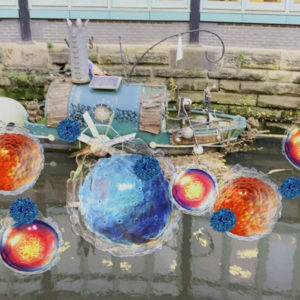
“when I went to visit a care hospice … I met a woman who had signed up to everything, she loved the idea that I was a scientist and she said fix this, sort it and she tried to sign up to every organ donation she could because she really wanted her body to be used to make a difference but her children were not keen on the idea at all and there was a debate over who had the right to make these decisions”
Melanie Dunstan, Research Fellow
“my role [as a clinician] is not to ask [my Parkinson’s patients] to donate their tissue, my role is to treat their symptoms and diagnose and support them, [but] if patients and healthy relatives donate their brains, science can really learn so much”
(C) Professor of Neurology and Neurogenetics and Honorary Consultant Neurologist
FUTURE
None of us know what will happen in the future. Having a map that connects all our cells together may prove a very helpful guide.
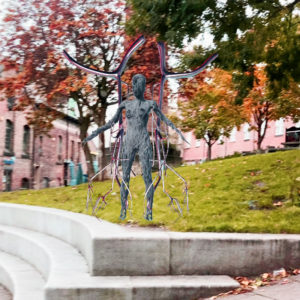
“The precious donated tissue generates data that can benefit humanity. We feel that, in that way, the most use comes from the donation”
Scientist
“so, the science is very important, but how the science is created (including how the data are acquired and the research results generated, analysed and made available) and what researchers or others are going to do with that science are also very important. Research and scrutiny in those areas are essential”
Susan Lindsay, Emerita Professor
You are invited to join us on a guided tour of the artwork through the Ouseburn Valley in Newcastle: Eventbrite
‘Donate your Body’ Posted Art Packs
Post packs were designed in collaboration with members from the Human Cell Atlas to help the public to explore the meaning of body, tissue and data donation in their own homes, followed by an online group reflection.
These post kits revealed a range of questions and concerns about science, for example how funding is distributed for different medical conditions to research, the safety and privacy of digital donations and how we can bring scientific data to life! Alongside this personal stories about how to respect the dead during COVID-19 were shared and discussion about how to open up conversations about donation within multi-generational families and families that have different religious values.
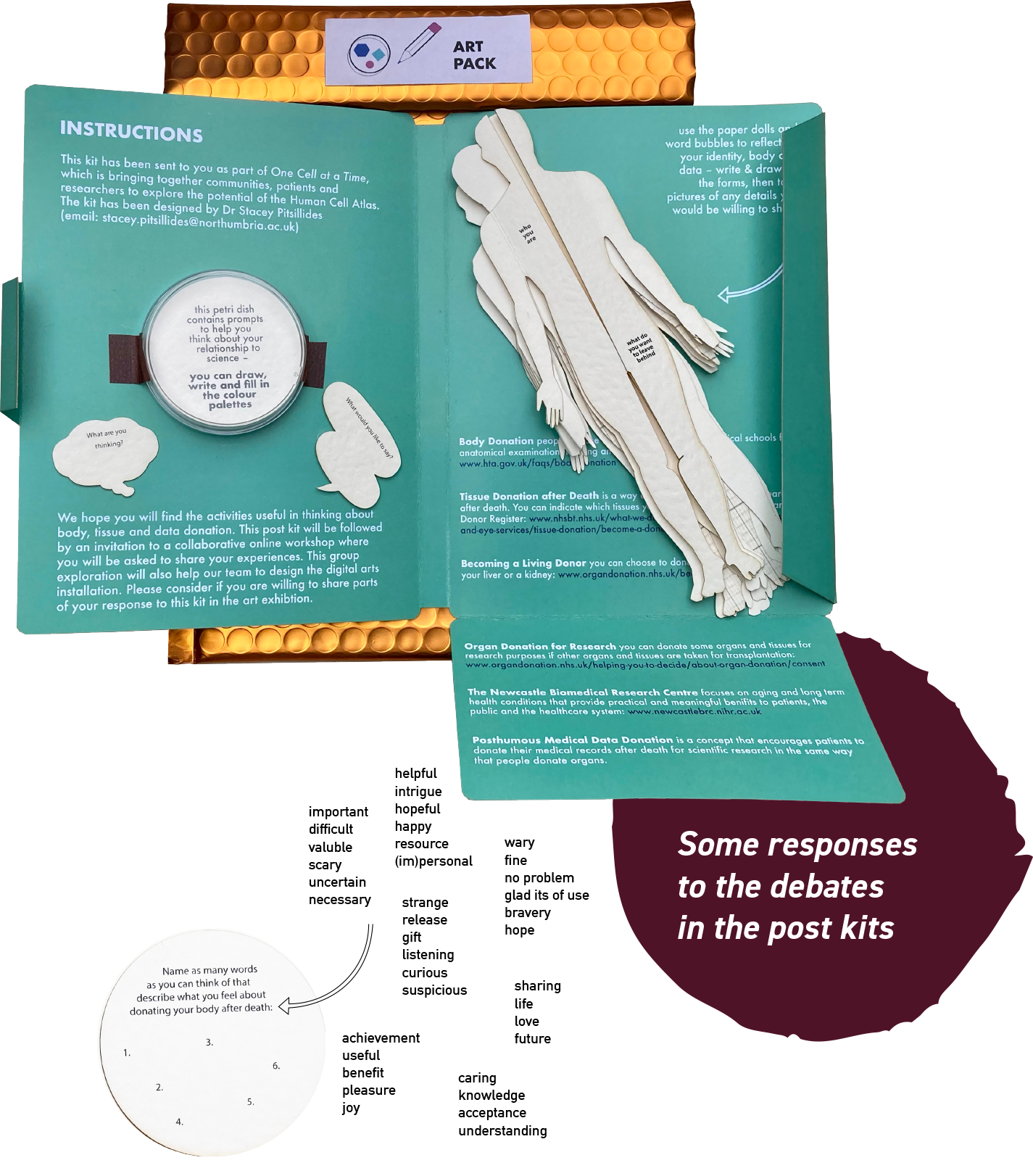
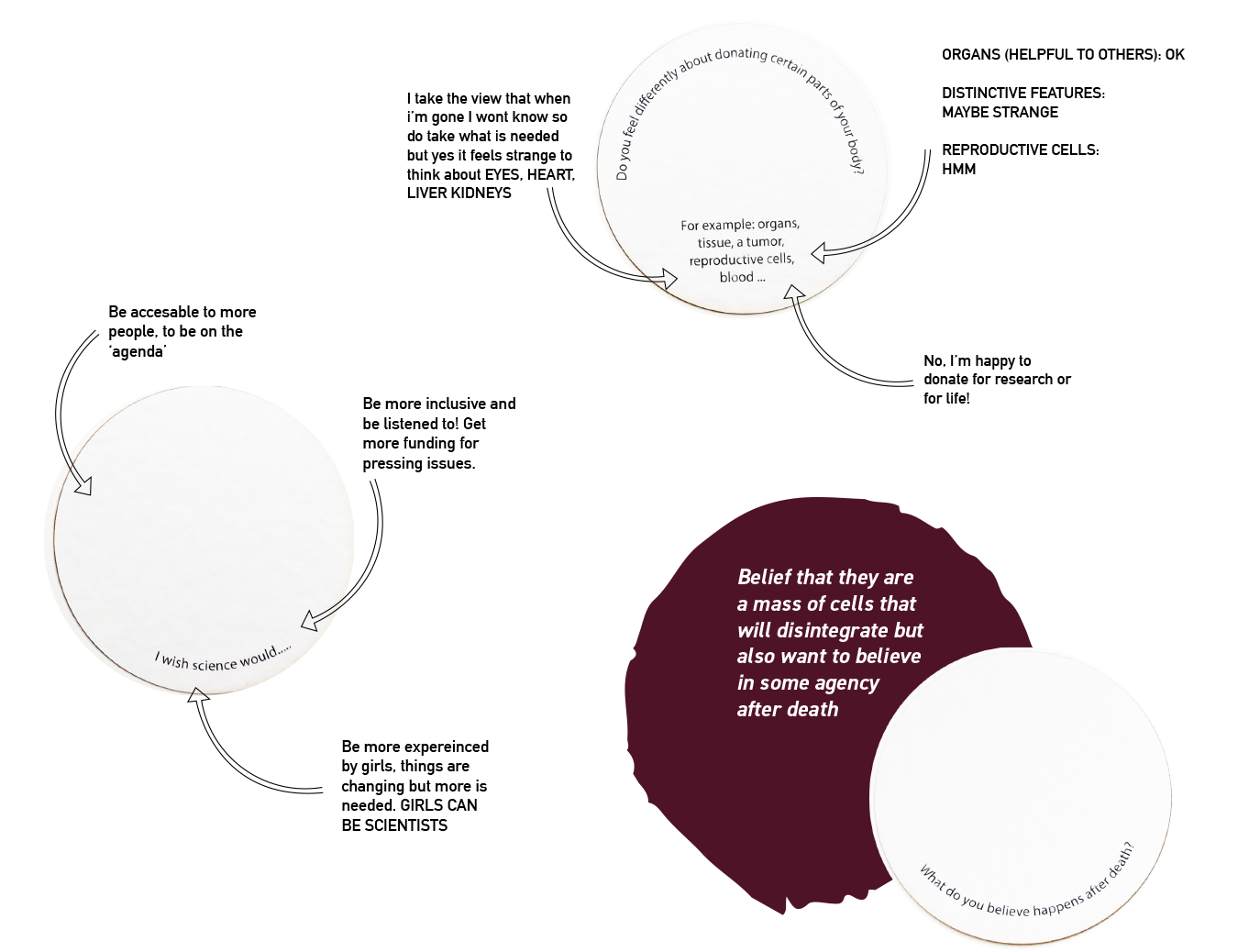

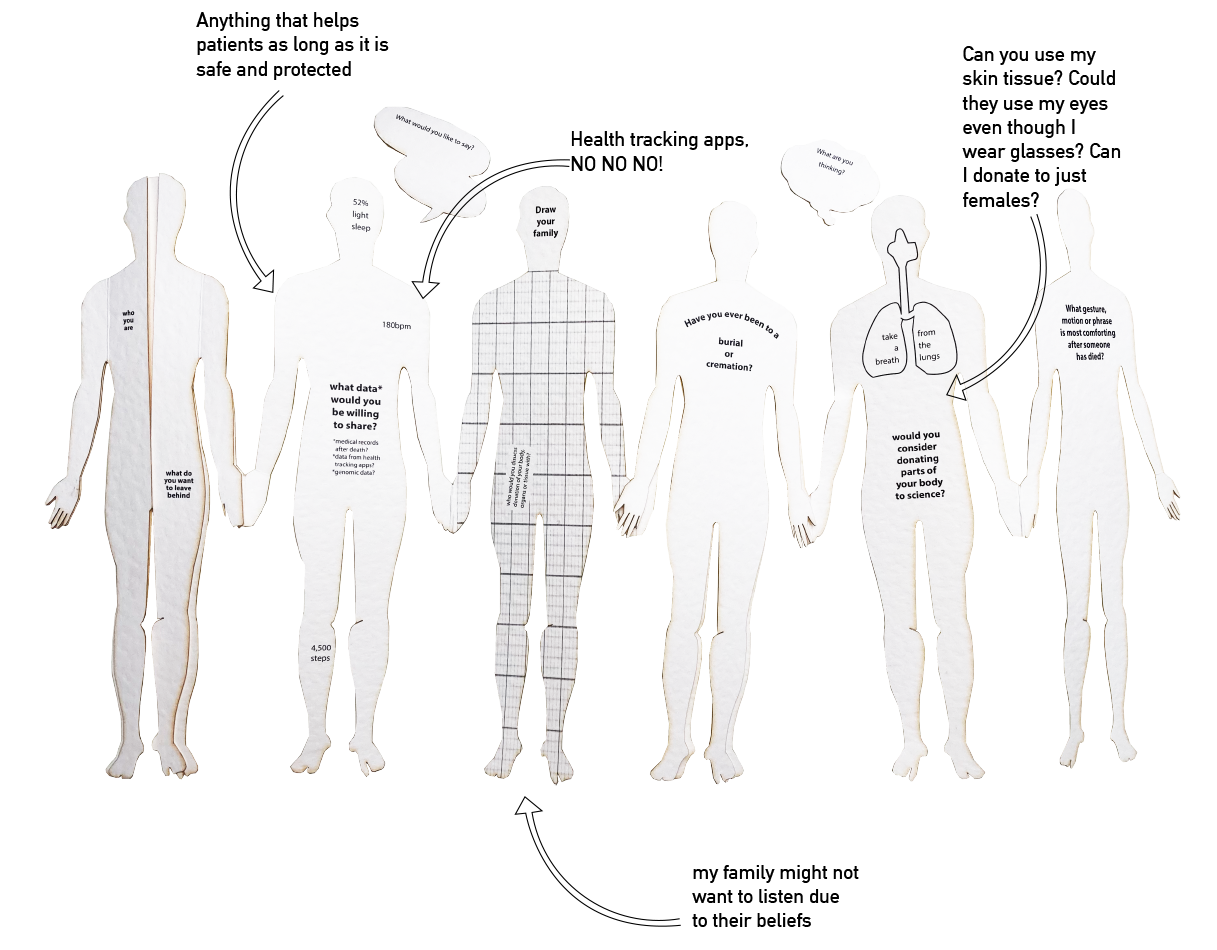
STORIES – use the hashtags
#onecellatatime #DONATEYOURSELF to share your experience
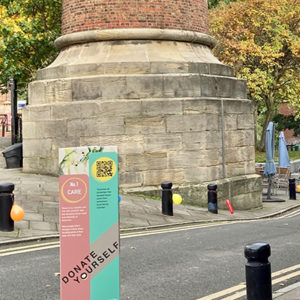
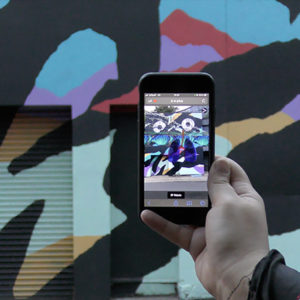
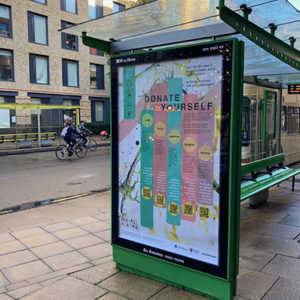
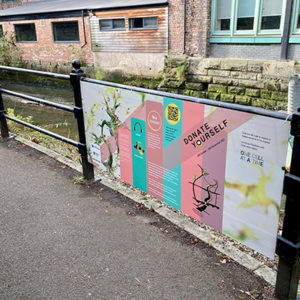
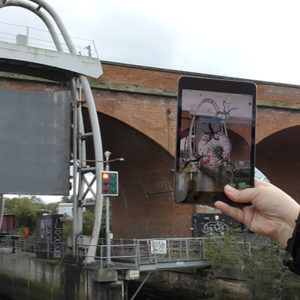
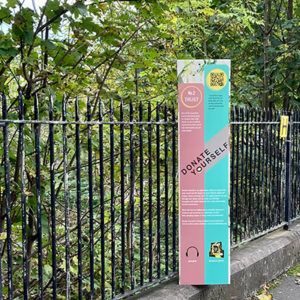
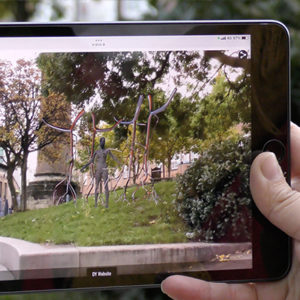
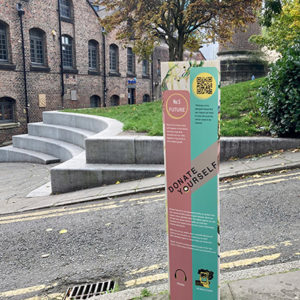
Contact
Twitter: @RestInPixels
Email: stacey.pitsillides@northumbria.ac.uk
Twitter: @bodydataspace
Email: contact@bodydataspace.net
Links:
https://www.digitaldeath.eu/
https://loveafterdeath.co.uk/
https://www.bodydataspace.net/
Info on Donation:
Tissue Donation after Death http://www.nhsbt.nhs.uk/what-we-do/transplantation-services/tissue-and-eye-services/tissue-donation/become-a-donor/tissue-donation-after-death
Becoming a Living Donor http://www.organdonation.nhs.uk/become-a-living-donor
Organ Donation for Research http://www.organdonation.nhs.uk/helping-you-to-decide/about-organ-donation/consent
Posthumous Medical Data Donation https://www.oii.ox.ac.uk/research/projects/a-european-ethical-code-for-posthumous-medical-data-donation/
Beliefs and Organ Donation https://www.organdonation.nhs.uk/helping-you-to-decide/your-faith-and-beliefs/
Body Donation https://www.hta.gov.uk/faqs/body-donation
The Newcastle Biomedical Research Centre http://www.newcastlebrc.nihr.ac.uk
